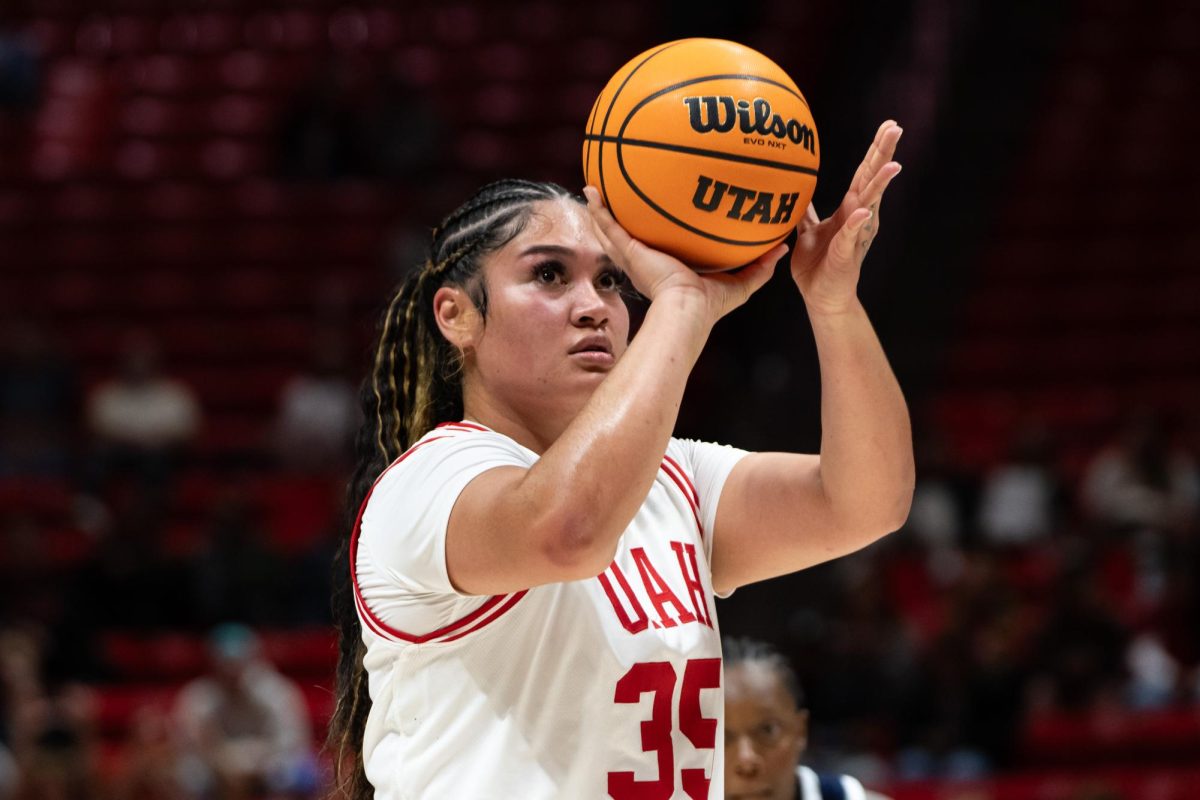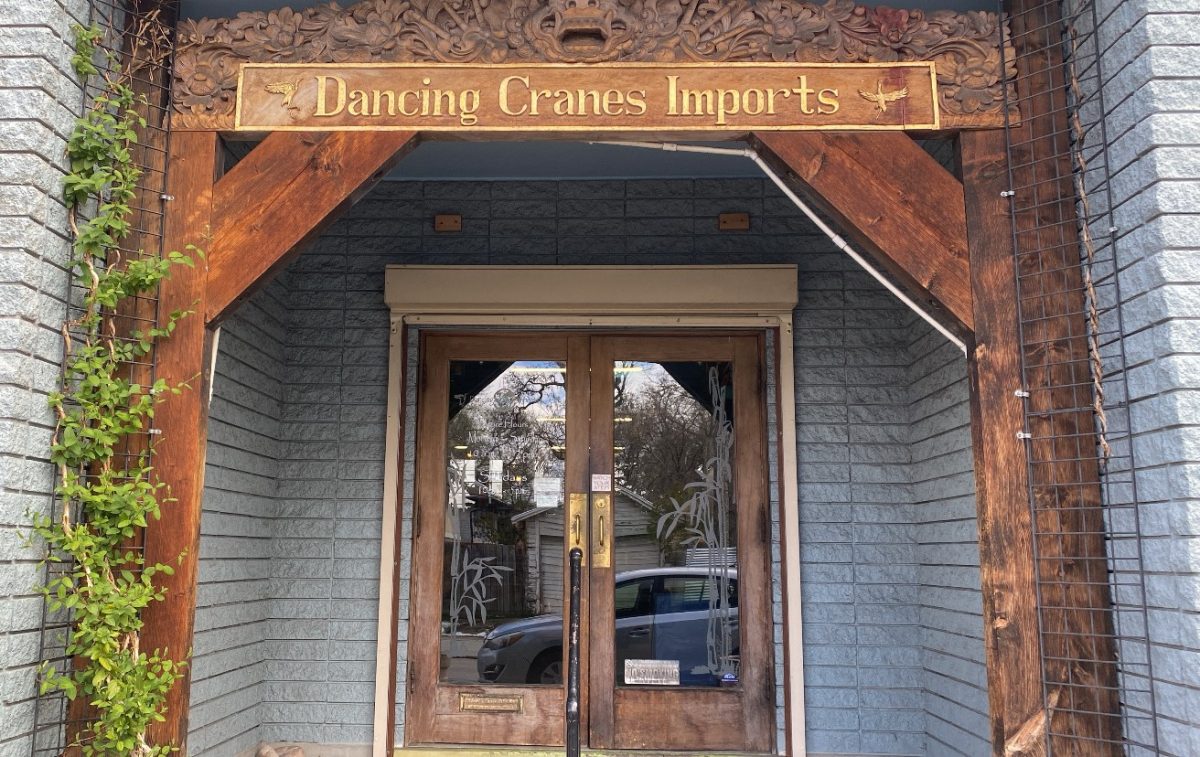One of the advantages of living in the Olympic Village is that “semi-private” bathrooms for four people to share are provided, according to Ladon Roeder, assistant director of residential living. That is a luxury student residents will not have this semester.
After being moved out of Heritage Commons, which doubles as the Olympic Village, on Dec. 15, doors to the old Van Cott, Austin and Baliff halls were opened for students on Dec. 28.
Now that Spring Semester has begun, students must adapt to the differences in living in the old dorms versus the newer halls.
According to student Justin Ruiz, moving to the old dorms for the Olympics was not worth it.
“The U is bending over backwards,” he said.
One of the disadvantages of being in the old dorms is the lack of direct high-speed Internet access.
Also, students will have to share bathrooms with more people than they were used to in the Olympic Village.
Unlike in the Village, about 15 to 20 students will share community bathrooms. There are more facilities (shower heads, etc.) per bathroom, so the ratio is the same according to Roeder.
Living space is another issue.
“Size is slightly larger in the new homes,” Roeder said. Students had options of living in a single-deluxe or double deluxe common living space in the Village.
Furthermore, “Not all rooms are carpeted,” Roeder said.
However, a bed, desk and closet space is provided in the old dorms, just as was the case in the new homes.
Reaction, according to Roeder, has generally been positive, with some students even looking to stay for the rest of the semester.
“I have no complaints,” said graduate student Khiser Kaderi. “Without the Olympics, the Village wouldn’t have been built. Staying here for a while is not a problem. It’s a lot more convenient to areas on campus then the Village is.”
With parking the way it is, the walk from the old dorms to the Union is relatively short and proves to be an advantage for residents, Roeder said.
To further students’ convenience, the Crimson Underground in the Union is designated as the meal area for residents. For their 15 meals a week, “only residents hall students can eat down there,” Roeder said.
“It has been a really successful transition down here,” he said.
One of the concerns of Residential Living was whether or not all students who wanted living space could be accommodated.
“We’re pretty tight in terms of space,” Roeder said, however, even now there are a “couple more” spaces left.
“We were able to accommodate everyone that was returning [for Spring Semester] and wanted housing, along with several new applications,” he said.
Students were moved out of the Olympic Village to make room for athletes during the Games. However, the old dorms are right next to Olympic venues, according to Roeder, and security for residents is important.
All Van Cott, Austin and Baliff residents are encouraged to wear a security sleeve with their student I.D. cards inside to show they are residents, Roeder said. Sleeves are color-coded by each building.
“It’s not like you have to have a badge to get in the door,” Roeder said, however, Residential Living is encouraging students to carry their badges so they will become accustomed to conditions during the Games.
Shortly before the Olympics another card will be issued by students if someone needs to identify them. The second badge will be unique, according to Roeder, in order to identify residents from non-residents. “We’ll try to restrict access to people who have no business [in the halls].
Guests will also have to register for a pass at that time, he said.
“It is not to impede on students privacy or living space,” Roeder said, but rather to ensure their security.











